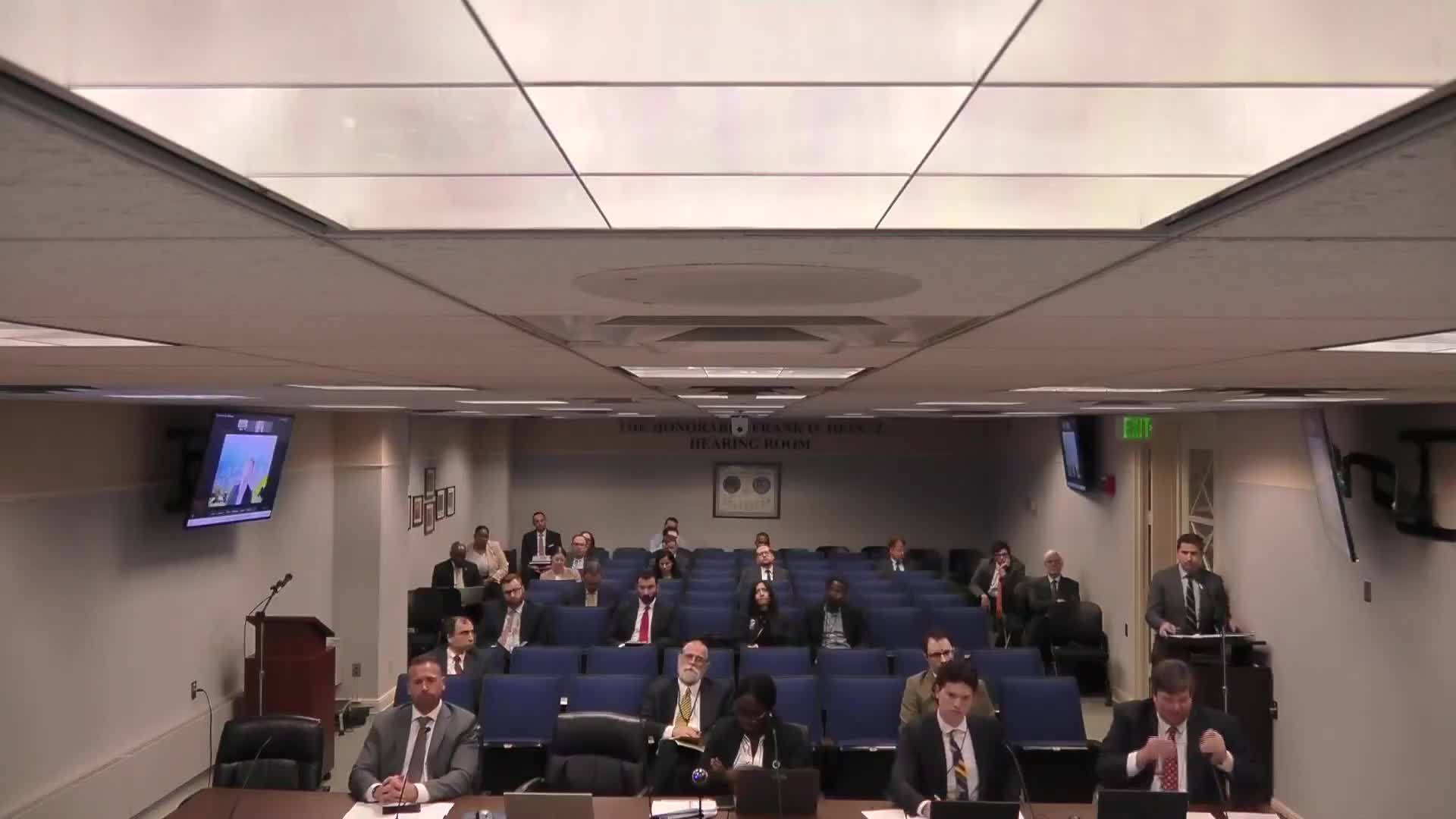PSC staff outlines future-programming work group timeline; stakeholders seek clearer goals and agency coordination

Summary
A work group convened under the Public Service Commission will develop recommended goals and targets for the next Empower cycle by Oct. 15. Stakeholders told commissioners they need clearer direction from the commission about whether Empower should prioritize market transformation, long-lived building improvements, demand-response goals or other,
Staff described the Future Programming Work Group—s schedule and said the group expects to develop recommended goals for the next Empower filing by Oct. 15. The work group will integrate prior requests from the Evaluation Advisory Group and the Demand Response Group and examine how House Bill 864 affects future programming priorities.
Jim Gravatt of the Maryland Energy Efficiency Advocates asked the commission to provide clearer direction to the work group on priorities for the next cycle. "If the commission is looking for Empower in the next cycle to accomplish some specific things, I think providing that direction to the future programming work group rather than letting the work group do its stuff and come with a report that is inevitably going to say some parties thought this is where we should go and some other parties thought this is where we should go," Gravatt said.
Stakeholders asked whether the commission expects numerical goals (e.g., greenhouse-gas or megawatt targets) or broader purpose statements (grid flexibility, distribution-cost avoidance, electrification enablement). Dylan Voorhees and staff said they expect the work group to explore both numerical goals and goal types (e.g., greenhouse-gas reduction, demand management) and to recommend measurement approaches.
Commissioners asked staff to keep the schedule flexible but to return with a clear work plan. No formal directive was issued during the meeting; staff agreed to refine the work plan and to circulate a specific timetable and question set for stakeholder comment.
The work group raised the need to coordinate Empower goals with other proceedings such as distribution-system planning and battery-storage procurement so that program goals align with broader system needs.

